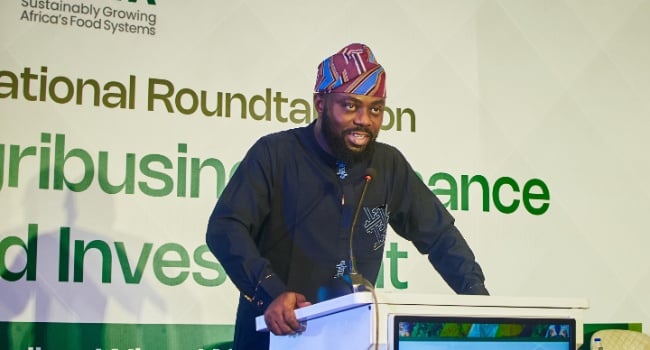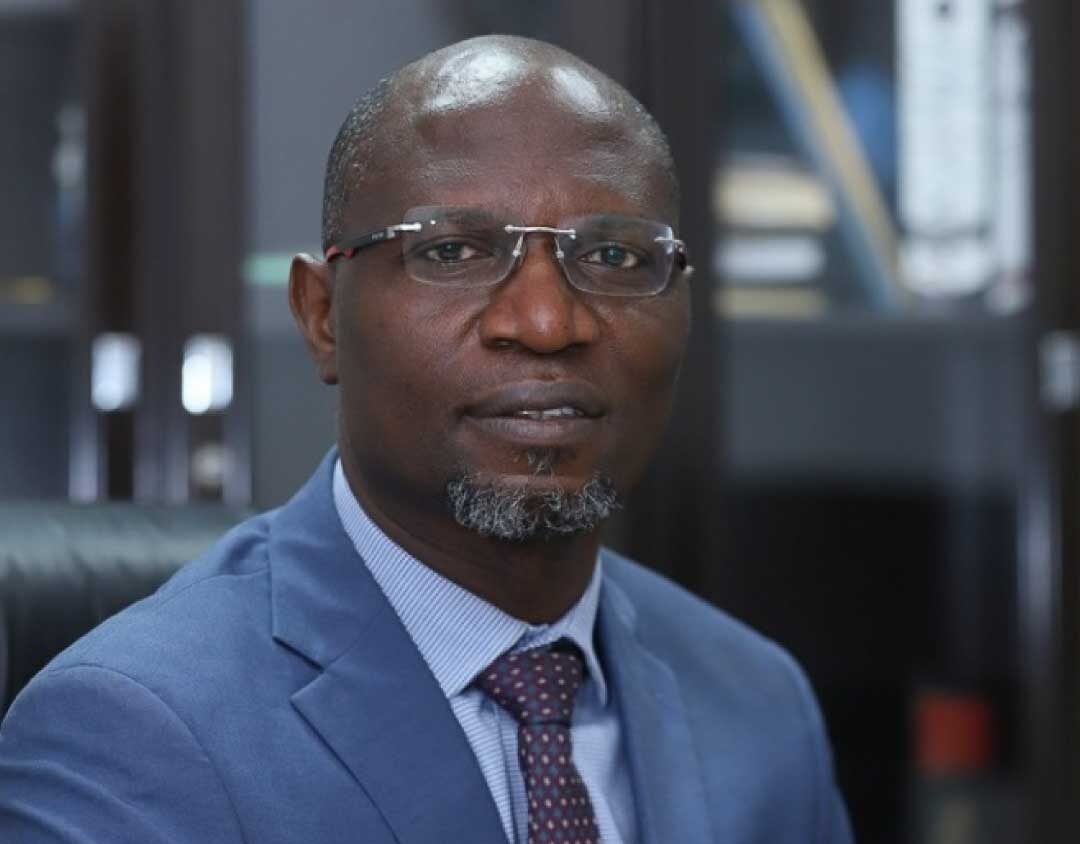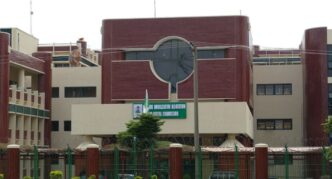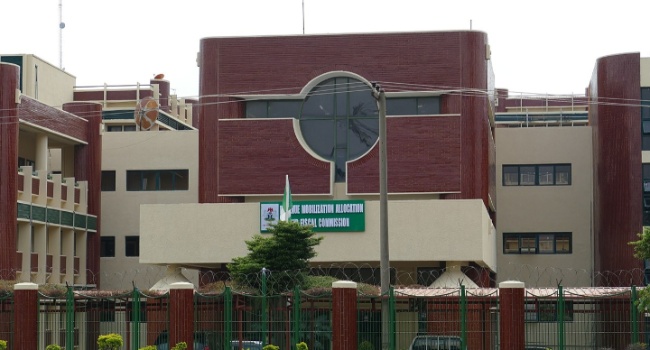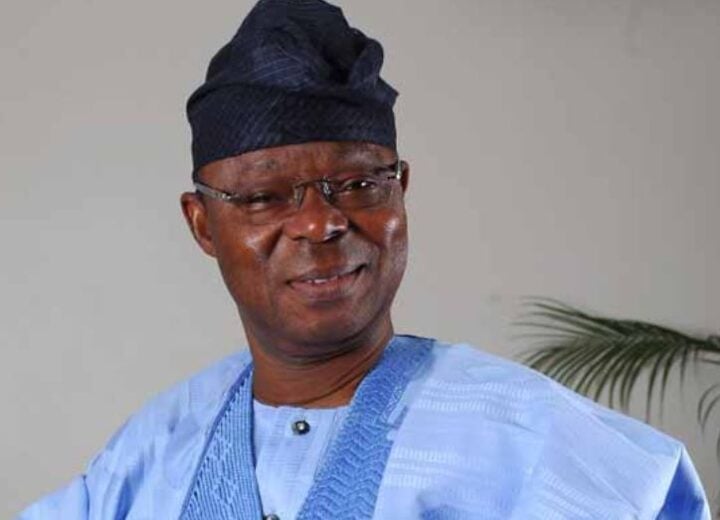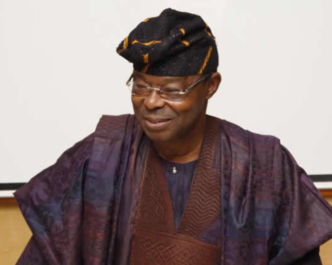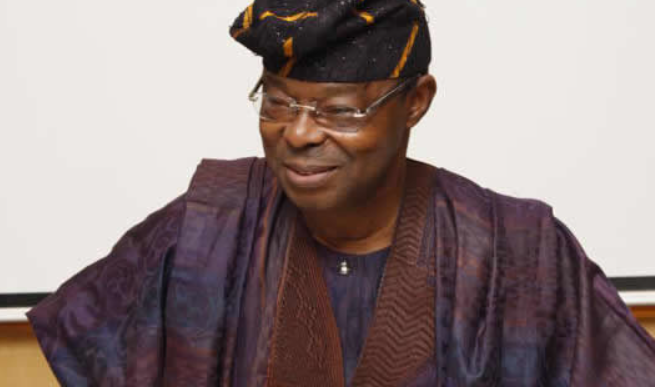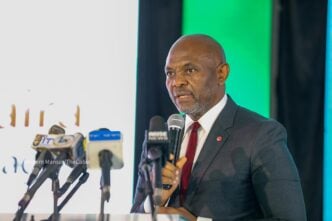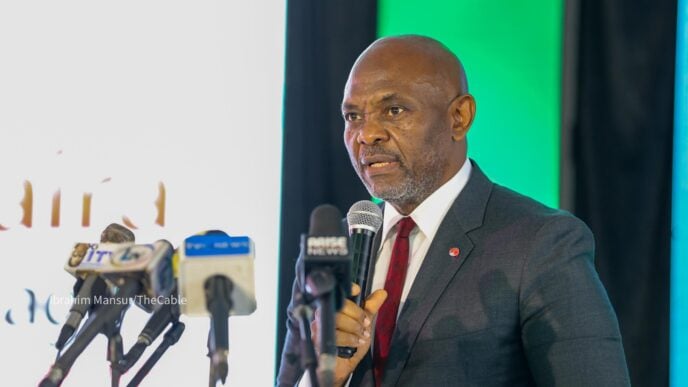Ayo Sotinrin, managing director (MD) of the Bank of Agriculture (BOA), says the institution is digitising processes to ease farmers’ access to funding.
Sotinrin spoke on Tuesday at the 2SCALE–Dutch consulate media engagement forum in Lagos, themed “Inclusive Agribusiness in Nigeria: A Public-Private Dialogue”.
The event was hosted by the 2SCALE programme in collaboration with the Embassy of the Kingdom of the Netherlands in Nigeria.
He said the bank is adopting locally successful models and tailoring them for scale to tackle food insecurity and enhance agricultural exports under the African Continental Free Trade Area (AfCFTA).
Advertisement
“We are digitising a lot of our services to be able to know who our farmers are, which is the most important thing,” Sotinrin said.
“Having a unique identification number for all the farmers allows us to know who we are financing. We can use their credit profiles to develop a credit scoring system, which would make access to credit easier based on their performance.”
The MD also said the bank has fully digitised most of its processes in the last three months, enabling smallholder farmers to open accounts and apply for loans online through a simplified platform.
Advertisement
“What that means is if you are able to access a facility through us, it won’t be through that cumbersome system. As long as you qualify, we will give you a facility,” he said.
Sotinrin also said BOA is ready to collaborate with other agribusiness-focused financial institutions, including FCMB, Sterling Bank, and Union Bank, to unlock more opportunities in the sector.
’WE NEED TO FIX OUR IMPEDED SYSTEMS’
On recapitalisation, Sotinrin noted that a stronger BOA would offer more microcredit to small-scale farmers and syndicate large-scale financing for logistics and storage infrastructure.
Advertisement
“This isn’t a one-size-fits-all strategy,” he said.
“It is part of Mr. President’s vision under the food emergency declaration. We need to fix our impeded systems and develop new seed systems in Nigeria to increase productivity within the sector.”
In her remarks, Marina Diboma, programme director at 2SCALE, said the company has made considerable progress in inclusive agribusiness over the past thirteen years.
However, she acknowledged the numerous challenges that have shaped the journey.
Advertisement
“From climate change, political instability, insecurity, COVID-19, supply chain disruptions due to the Russia-Ukraine war, to market access issues, our journey has not been without obstacles,” Diboma said.
Diboma said the experiences underscore the critical need for resilience and innovation to drive food security.
Advertisement
Also speaking, Michel Deleen, consular general of the Kingdom of the Netherlands in Lagos, said inclusive agribusiness can only thrive through sustained public-private dialogue.
Deleen outlined the next steps for deepening impact, including knowledge-sharing across seven countries, embedding strategic technical support, and investing in agribusiness clubs as drivers of resilient food systems.
Advertisement
2SCALE also presented a 30-minute documentary and launched an interactive magazine that synthesises the knowledge and experience the programme has developed over the last thirteen years.
Advertisement
